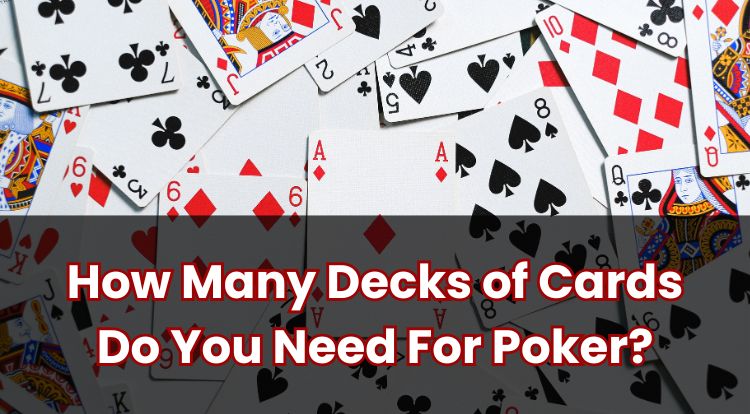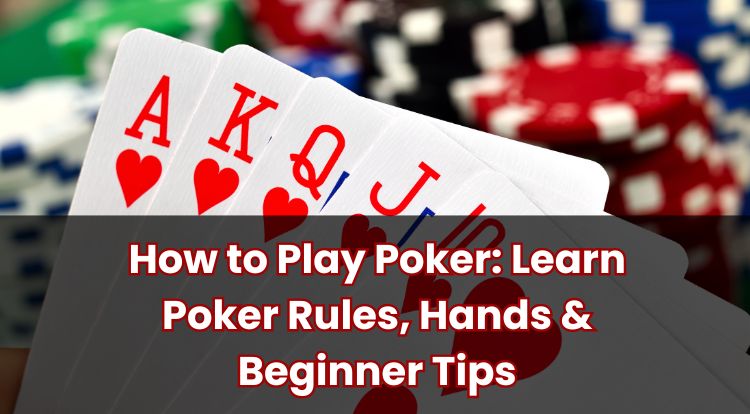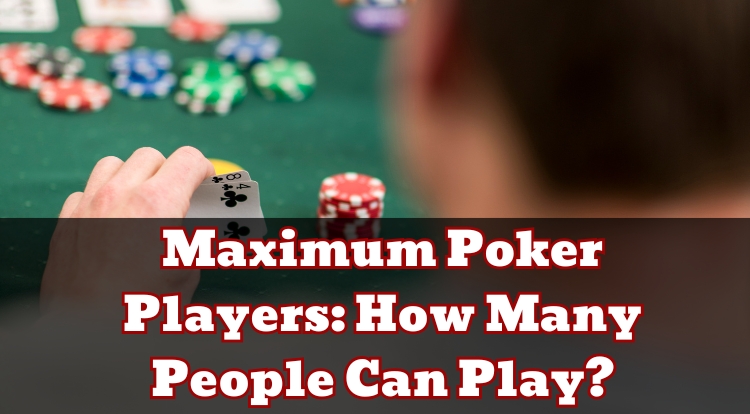Fish Poker Meaning: What Makes a Poker Player a ‘Fish’?
If you have ever listened to a group of poker players talking, you might have heard someone described as a “fish”. The term pops up often, both in casual games among friends and in competitive settings, but for those new to the scene, its full meaning isn’t always clear.
More than just a nickname, understanding what players mean by “fish” reveals a lot about how people size each other up at the table. It reflects a way of seeing patterns and behaviour in the game. This blog post explores the term’s meaning, how players spot it, and what it really says about someone’s style—or stage—in poker.
Read on to learn more.
What Does Being a Fish in Poker Actually Mean?
In poker, “fish” is a shorthand for a certain kind of player, typically one who hasn’t yet found their footing when it comes to consistent decision-making. These players might struggle in areas that others consider basic, like knowing which hands to play or when to back away from a pot.
The term doesn’t usually hinge on a single dramatic mistake. Instead, it gets used when certain tendencies show up again and again. Someone might, for instance, be involved in too many hands, back calls that stronger players would pass on, or react in ways that suggest they’re still figuring out the rhythm of the table.
It’s important to understand that the word isn’t permanent, and everyone interested in playing poker starts somewhere. So, what do these early-stage tendencies actually look like in real-time?
How Can You Spot a Fish at the Poker Table?
Certain behaviours tend to give someone away, especially when they show up repeatedly. Often, it’s how they select hands, how they size their bets, and how they engage (or don’t) with the flow of the game.
One early clue is how freely someone plays their starting hands. Those still learning the game might enter pots with cards that rarely hold up well, simply because they’ve seen them win once or twice. Folding doesn’t come naturally yet, and raises can feel uncomfortable, so calling often becomes the default.
Another sign lies in how bets are placed. Players still refining their instincts might make inconsistent bets—some unusually large, others too small—without a clear purpose behind them. These actions can reveal more than intended to anyone paying attention.
And then there’s focus. A developing player might zero in on their own cards, barely glancing at how others are acting or where they’re sitting. This narrow view leads them to miss the broader story the table is telling—one that, to sharper eyes, speaks volumes.
But these moments all hint at something deeper. The next section looks more closely at what drives these patterns.
Common Traits That Make a Poker Player a Fish
The patterns mentioned earlier become more obvious when you understand the thinking behind them, or the lack of structure that often causes them.
Take hand selection. Someone still growing in the game might enter pots from poor positions with hands like offsuit connectors or low pairs, not realising how much tougher it becomes to act last. They often end up in tricky spots without the tools to navigate them.
Their bet sizing, too, can reflect a lack of planning. Min-betting when strong, overbetting with draws, or shifting gears for no apparent reason gives more seasoned players a roadmap to their intentions. These irregular patterns mean their opponents rarely have to guess.
Understanding the full board and the betting action is another challenge. A player still developing may not connect the dots when a cautious opponent suddenly shows strength or when the board clearly favors certain hands. They might barrel ahead as if only their cards matter.
And that’s often the root of the issue—overlooking broader cues. These players focus heavily on their own hand strength while neglecting stack sizes, the impact of position, and how the betting unfolded before them. This creates situations where they call when folding would be wiser or check when value is left on the table.
So, with all these consistent behaviours, how did the term “fish” even come about?
Why Do Poker Players Use the Term Fish?
“Fish” didn’t appear out of nowhere. It’s part of a long tradition in card rooms where certain terms paint vivid pictures. In this case, a fish represents someone who gets caught easily in situations they probably could’ve avoided, especially when surrounded by sharper, more seasoned players, sometimes referred to as “sharks”.
The contrast between the two roles helped the term stick, and over time, it became more than just slang—it became a kind of shorthand for identifying playing style. But the image doesn’t necessarily carry judgment. Many who now dominate tables once fell into the same patterns described earlier. They moved past them by refining their approach—tightening up their hands, tracking action more carefully, and learning from what others revealed through their play.
That said, the label still carries weight. But does it have to?
Is Being Called a Fish Always a Bad Thing?
Not always. While it tends to highlight a set of repeated missteps or learning-stage decisions, it also suggests something else: potential. Most players who now play with purpose and clarity can remember when their own play was more reactive, more scattered, and less informed by the flow of the table.
The truth is, every poker table brings together a mix of styles and skill levels. What some might call a “fish” today could, with focus and patience, become one of the more measured and calculated players tomorrow. Over time, early tendencies like loose hand selection or inconsistent bets often give way to sharper instincts and more balanced decision-making.
What really shapes progress is your approach. If you choose to play, staying aware of how you play, reflecting on your choices, and taking steps to keep play measured can shift your trajectory. Additionally, you should keep responsible gambling practices in mind and never wager more than you are willing to lose.
Learning what “fish” signals in poker is not about labeling others—or yourself—but about recognising where you are and where you could be heading.
**The information provided in this blog is intended for educational purposes and should not be construed as betting advice or a guarantee of success. Always gamble responsibly.




